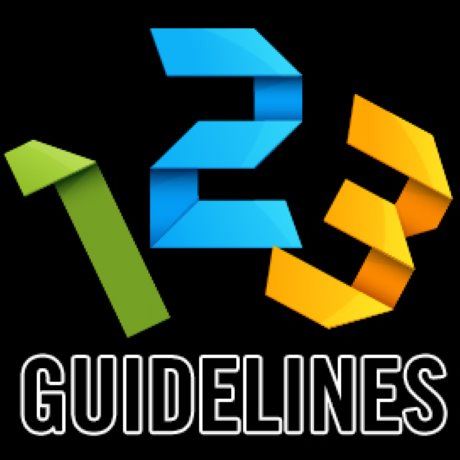If an Ontario College of Trades (OCOT) enforcement officer drops by your jobsite tomorrow, are you prepared and do you know how to respond?
On the ground enforcement was one of many topics addressed by lawyers Michael Sherrard and Patrick Ganley of Sherrard Kuzz LLP at a session held during the recent Ontario General Contractors Association symposium in Blue Mountain.
"Hopefully you walk out of this room with (the knowledge that) if a College inspector ever drops on your site in the next month you will be more comfortable in terms of what to do with that inspector than you might have been before you walked in the door," said Sherrard, adding OCOT is celebrated its fourth anniversary this month.
There is somewhat of a misconception in the industry that Ministry of Labour (MOL) inspectors are now conducting OCOT enforcement.
"The responsibility of that function switched ministries to the MOL but…College inspectors are still going to be arriving on your sites, it’s just the MOL will have the responsibility for that function," explained Ganley.
Enforcement officers fall into two categories — inspectors and investigators. Inspectors conduct field inspections to make sure an employer and workers are compliant with the obligations under the Ontario College of Trades and Apprenticeship Act whereas investigators are appointed in response to a specific complaint. Both are permitted to enter the premises at any reasonable time and they can examine and copy relevant documents.
Patrick Ganley
Sherrard Kuzz LLP
"The big difference is proactive versus reactive," explained Ganley. "We commonly get questions around ‘don’t they need a warrant? Don’t they need to call ahead?’ No they don’t. There is no indication in the act that a College inspector needs a warrant to arrive on a site."
For general contractors, the lawyers discussed the importance of having a jobsite binder that includes certificates of qualification, registered training agreements and statements of membership.
"If I’m preparing for a visit, I know which trades on my site are compulsory and which ones are voluntary. I know which trades are subject to ratios and I know which ones aren’t and I have a jobsite binder," said Ganley, adding the subtrades need to provide the appropriate documentation for the binder. "We can certainly make that a requirement before somebody starts work on our site. What that gives us the ability to do is when an inspector arrives on site, potentially we can get the fox out of the hen house a little faster."
He also suggested having a dedicated person to greet and accompany the inspector on the day of the visit, provide and explain the relevant requested documents and records, answer any questions the inspector may have and be prepared to co-operate and be responsive.
"There is a lot of value in having somebody that performs other roles in the organization but when that hat shows up on site, they are the point person," said Ganley.
One of the recommendations that came out of the Tony Dean report, Ganley explained, was establishing a Compliance and Enforcement Committee, which was included in Bill 70.
"They are responsible for creating the enforcement policy based on risk of harm," said Ganley. "Right now the enforcement policy and the concept of risk of harm are two very vague concepts."
The committee held consultations across the province earlier this year and were expected to provide their recommendations to Minister of Labour Kevin Flynn earlier this month. The draft policy must be approved by the College board of governors and be made public by June 6.
"Let’s hope we see a compliance and enforcement policy this summer," said Ganley. "Basically this enforcement policy is going to be the linchpin of College enforcement activities, reviews by the labour board. How they define risk of harm in that policy is going to be a big deal for us."
One of the big changes is regarding administrative penalties, he added.
"Sometime in the next six to eight months, maybe a little further down the road, we expect to see the amendments made to the Provincial Offences Act and it’s all going to be housed under the Ontario College of Trades and Apprenticeship Act," said Ganley. "It’s going to be known as Notice of Contravention and it’s going to the Ontario Labour Relations Board (OLRB) (if appealed)."
Appeals can be made to the OLRB within 15 days, he noted.
A proposal for increasing the amounts of administrative penalties was released March 28 and Ganley said it is "cause for concern."
"We recently found out that the regulations currently under consideration have the potential to greatly increase the monetary amounts put on individuals and employers," said Ganley. "What we’re seeing introduced is a sliding scale for first, second and third offences for contraventions and daily penalty amounts."
There will also be a cap of $100,000 for a single contravention.
"That’s in a situation where it’s a single offence, but based on the number of employees and the number of days they’re working in that fashion, we’re going to see a potential for a $100,000 charge," Ganley said. "There will likely be a lot of push back there."
Interested stakeholders can submit comments to the MOL until May 13.




Recent Comments
comments for this post are closed